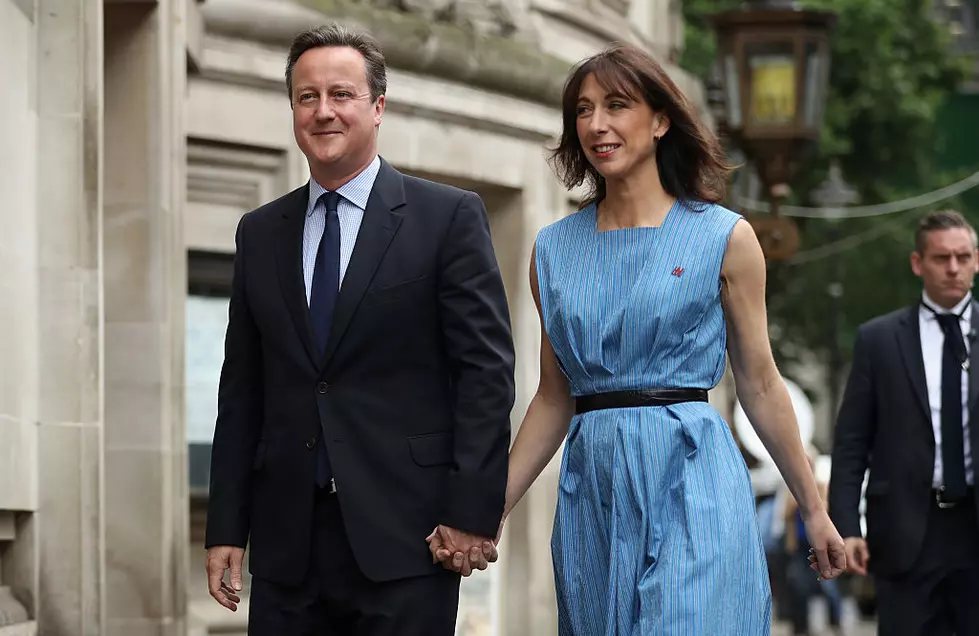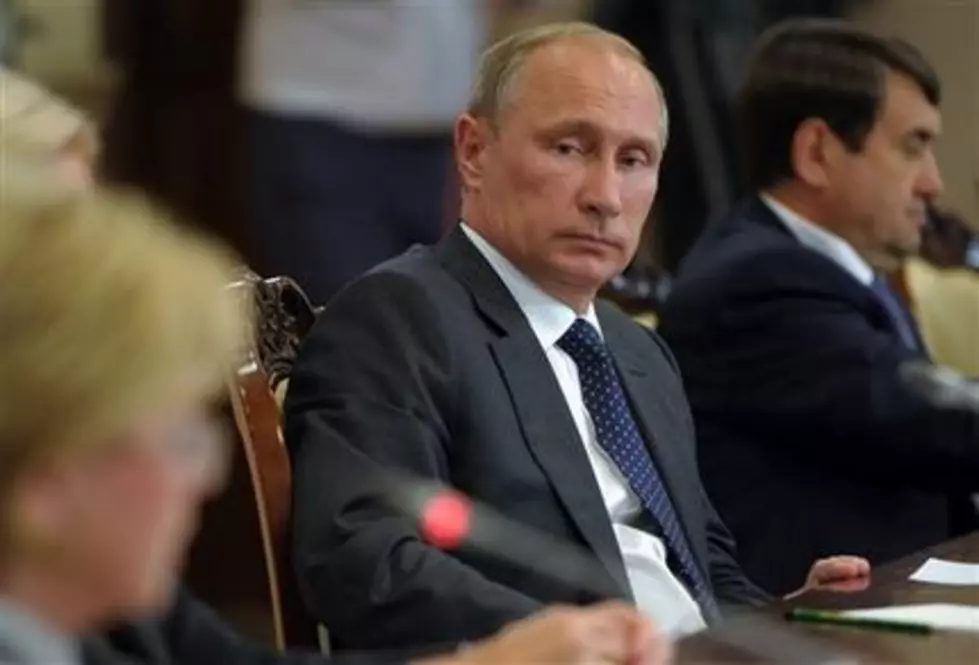
EU Summit Seeks Way Out of Election Quagmire
European Union leaders on Tuesday sought a way to bounce back from the weekend's landmark elections that saw a partly hostile and largely apathetic public question their project of closer cooperation as never before.
The parties of leaders like French President Francois Hollande and British Prime Minister David Cameron were shaken to the core by anti-EU challengers, yet they have offered starkly different alternatives on how to deal with the situation ahead of Tuesday's EU summit.
Hollande has said that "France's future is in Europe" and has remained steadfast in the defense of joint policies and common stands on major issues. Cameron says he will increase his calls for drastic reforms to pull powers back from Brussels and give individual member states more breathing space to set their own policies.
The first battle will likely be over Jean-Claude Juncker, the former prime minister of Luxembourg and longtime leader of the group of nations with the euro currency, who wants to replace Jose Manuel Barroso as leader of the EU Commission.
The post is important since the commission proposes legislation and runs much of the day-to-day affairs of the EU.
Juncker is seen as a master dealmaker in backrooms and a committed federalist which is anathema to the Brits.
Hours ahead of the summit, parliamentary leaders authorized Juncker to seek a majority among legislators to back his bid to become Commission president. In case he gets enough parliamentarians to support him, he will still have to convince the overwhelming majority of government leaders. The whole process could take several weeks.
For Nigel Farage, the leader of the UK Independence Party which overtook Cameron's Conservatives in the EU elections, choosing Juncker was yet more proof the parliament was tone deaf to change.
"You know, there is a big dissident voice now in this parliament. And yet, I just sat in a meeting, where you wouldn't have thought anything had happened at all, and it was business-as-usual," Farage said after the conference of party leaders.
Juncker wants the post because he is the chief candidate for the European Parliament party group that got more votes than any other, the center-right EPP group. He was challenged for the job at a meeting ahead of the summit by Martin Schulz, president of the S&D Socialist of European Parliament group and Guy Verhofstadt of the liberal ALDE group.
All three groups saw their support fall in the elections: EPP dropped from 274 seats to just 213, the S&D Socialist of European Parliament fell to 190 from 196 and ALDE to 64 seats from 83.
German Chancellor Angela Merkel, also EPP, expressed tepid support for Juncker on Monday. The issue will likely come up at the summit late Tuesday.
---
Follow Raf Casert on Twitter at http://www.twitter.com/rcasert
© 2014 The Associated Press. All rights reserved. This material may not be published, broadcast, rewritten or redistributed. Learn more about our Privacy Policy and Terms of Use.
More From New Jersey 101.5 FM









